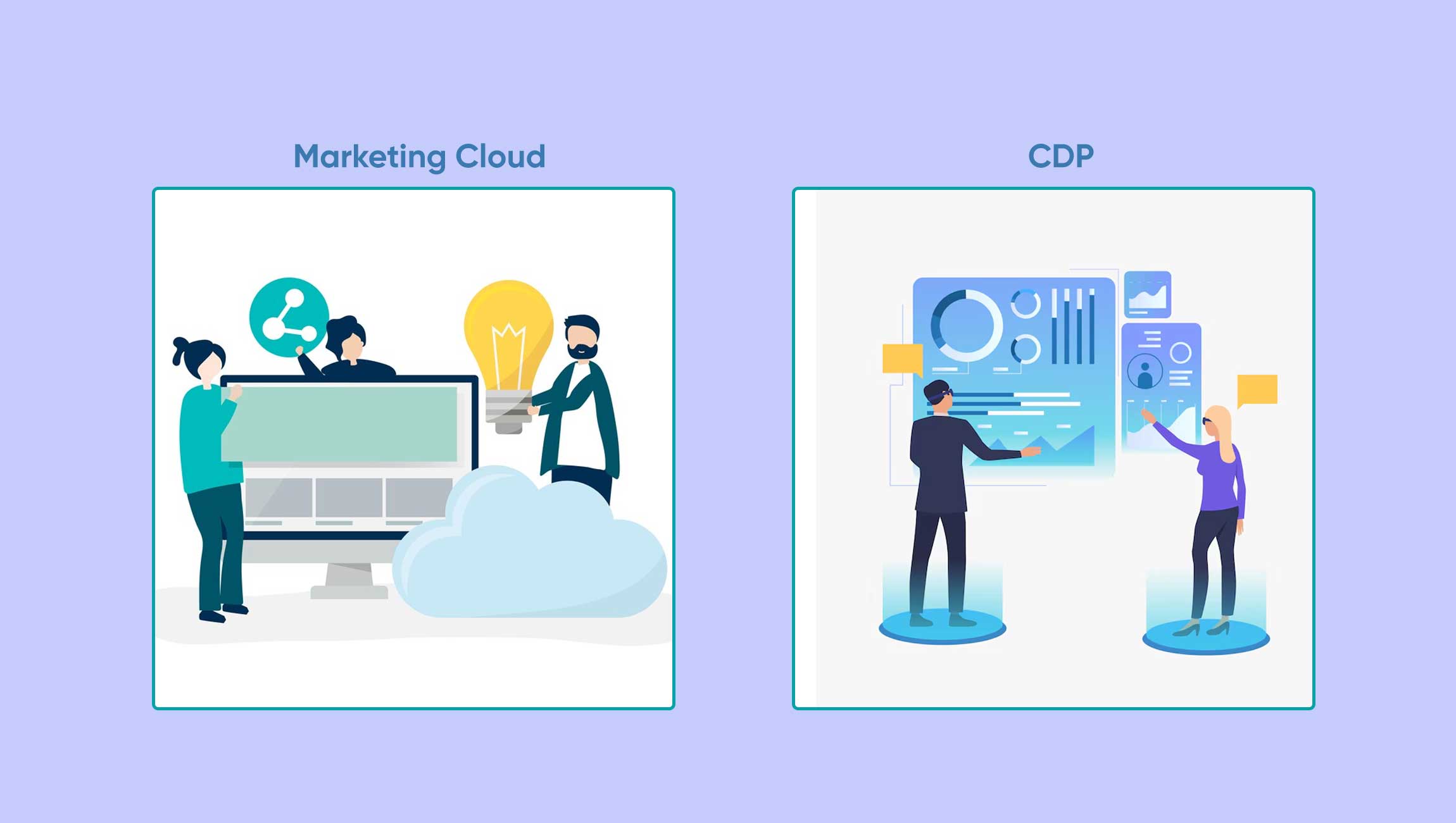As a former Seattle Seahawks player, I’ve seen firsthand the passion and dedication that fans bring to every game. There’s nothing quite like hearing a stadium roar when the home team scores. But beyond the roar, an evolution is quietly taking place behind the scenes—one that’s reshaping how teams connect with their fans through the use of cutting-edge technology. This evolution isn’t just about selling more tickets or merchandise; it’s about building deep, personalized relationships with each and every fan.
At the heart of this transformation is data. More specifically, it’s about a team’s ability to capture and analyze behavioral and transactional data to create a 360-degree view of each fan. From ticket purchases and game attendance to in-stadium spending on merchandise and food, teams now have the tools to develop highly tailored fan experiences. This kind of granular insight is essential for driving both fan retention and acquisition, as it allows teams to engage in ways that feel meaningful and unique to each individual fan.
Managing Complex Fan Data
Making sense of a sports franchise’s highly complex fan data ecosystem, including ticketing, merchandise, food and beverage, secondary ticketing, and sales interactions with season ticket holders is a significant challenge for any team. The goal is to understand why fans engage with the team: What do fans want from their relationship with the organization? What role does the team play in their lives as a brand and as a hometown entity that brings people together? Are they looking for a family experience or a Friday night out at the game? Understanding each fan’s “why” and organizing data around these insights allows teams to curate more meaningful fan experiences.
Turning Insights into Actionable Data
The bigger challenge for teams is organizing and automating all of this important data to gain a comprehensive understanding of each fan across multiple touchpoints—ticketing, stadium purchases, merchandise from multiple sources, and their marketing preferences. Some professional sports teams, including the NFL, NBA, MLB and MLS, are now taking control of their data using AI-driven customer data platforms (CDPs), to create a comprehensive understanding of their fans. These tools have led to more personalized fan experiences, optimized advertising, and ultimately, revenue growth.
The Seattle Mariners have jumped into this game by effectively using a Lakehouse CDP to unify and manage fan data to personalize engagement. By using data to track everything—from a fan’s ticket purchasing history to their in-game preferences—the team can deliver personalized messages and promotions and create more meaningful fan experiences.
Marketing Technology News: MarTech Interview with Steve Rotter, CMO @ DeepL
Personalized Fan Journeys
One of the most powerful ways teams leverage technology is by automating personalized fan journeys. The idea is simple: every fan has different preferences and behaviors, so why engage them all the same way? Through data-driven platforms, teams can now segment their fan base into highly specific groups based on behavior, interests, and spending patterns. This enables automated targeted campaigns that resonate with fans by creating tailored merchandise offers for a die-hard season ticket holder or a special ticket promotion for a family-friendly attendee. Effective fan marketing ensures that emails, SMS messages, push notifications, and sales experiences are relevant to each fan.
Another innovative team, the Seattle Sounders, is using machine learning to resolve identities and build detailed customer profiles to create targeted audience segments within minutes. This data-driven approach improved email personalization, ensuring fans received more relevant offers and communications, resulting in fewer overall emails and more specialized offers for ticket sales and discounts.
Optimizing Advertising Efficiency
The use of data has also transformed how teams approach advertising. With better customer insights, teams can fine-tune their ad strategies to target the right audience at the right time, focusing on channels and messages that resonate most with their target audiences. They can also leverage existing fan data to target individuals who resemble their best fans. By creating and optimizing seed, look-alike, and suppression audiences to minimize wasted ad spend, they can ensure precise fan targeting, ultimately increasing return on ad spend (ROAS).
Enhancing Fan Retention and Engagement
Technology’s impact goes beyond simply attracting fans—it’s also helping teams better understand their fans to keep them coming back for more. By using data to track preferences, such as preferred seating locations or ideal game times, the team can offer experiences that make fans feel more connected to the franchise.
For example, some NFL teams have implemented a data-driven strategy to enhance fan retention and cultivation by building a comprehensive understanding of each fan. Through detailed ticket, transaction, and attendance data, they analyze fan behavior, preferences, and overall value. By leveraging key performance indicators (KPIs) like season ticket usage and tenure, they can support and inform their initiatives, contributing directly to their goal of improvement in fan loyalty, or “stickiness.”
Boosting Operational Efficiency
Technology can also streamline internal operations, making teams more agile and responsive. By leveraging data tools, teams can centralize their data and eliminate silos, allowing departments to work more cohesively. This results in faster decision-making and the ability to deliver more relevant, real-time experiences to fans.
During game days, teams can use live data from in-stadium purchases, fan movement, and social media to adjust their strategies on the fly, whether it’s offering discounts on certain merchandise or pushing notifications about shorter concession stand lines. This kind of operational agility enables teams to provide a better experience for their fans while maximizing efficiency.
The Future of Fan Data
As teams across the sports landscape adopt technology-driven platforms, the possibilities for fan engagement are endless. The ability to capture, analyze, and act on data allows teams to create more personalized, efficient, and engaging experiences for their fans, all while optimizing operations and driving revenue growth.
For today’s sports teams, the future of fan engagement isn’t just about filling seats—it’s about creating lasting relationships with fans beyond game day. By harnessing the power of data, teams are not only meeting these expectations but are setting new standards for fan loyalty, engagement, and satisfaction.
As someone who’s been both on the field and now in the business world, it’s exciting to see how technology is transforming the sports industry. It’s clear that the future of sports fan engagement is here—and it’s driven by data.
Marketing Technology News: Building A successful GTM strategy for AI-based products











